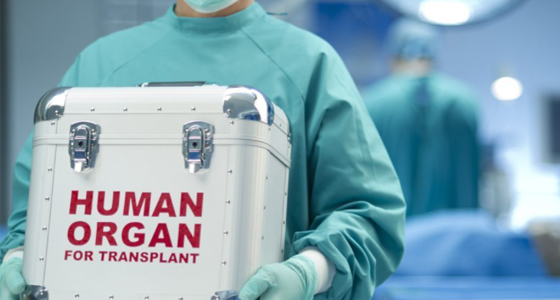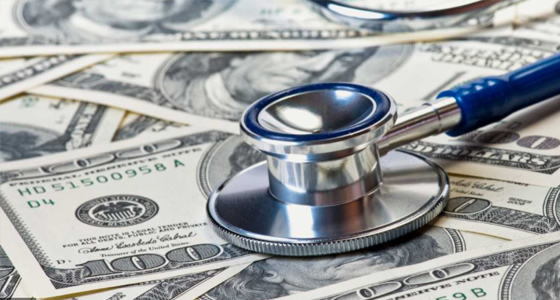There are thousands of people dying to buy a kidney, however, the donators are extremely rare. About 350,000 Americans suffer from end-stage renal disease, a state of kidney disorder so advanced that the organ stops functioning altogether (Thomas, 1993). There are no miracle drugs that can revive a failed kidney, leaving dialysis and kidney transplantation as the only possible treatments. Due to the lack of organ transplant donors, it becomes a matter of ethics of who should be more deserving to receive the organ transplant. Here deserving means a person who has taken proper care of the body and has a healthy lifestyle. For instance, if a person has an alcohol addiction problem that causes his kidney failure at some point in life, so the question arises if he is worthy of the transplant given the fact that there are few donors while the recipient list is huge. This article will explore the questions of whether people with unhealthy lifestyle choices should be entitled to organ transplants and is it ethical to reject them on such grounds.
The people whose illness is not caused by their poor lifestyle choice deserve organ transplants more and should be preferred over those people who have not taken care of their bodies. According to a research study, 188 people were interviewed about showing their willingness for organ transplants. 74% of the participants stated that they were less inclined to donate their organs to people whose alcohol addiction problem led to some kidney disease (Campagne, 2020). These people were more inclined to donate their organs who had a genuine disease not caused by the lifestyle choice. In addition to exploring the factor of ethics, an economic study highlighted that cost of organ transplantation for acute kidney disease (a condition that is not related to alcohol misuse) is 16% less than the cost for chronic liver failure which is mostly caused by alcohol addition (Santin, et al., 2019). Therefore, from an economic point of view, organ transplantation for people with genuine conditions (not caused by lifestyle choice) should be preferred.
While it makes sense that people with sound lifestyle choices should be worthy of organ transplants, some people argue that anyone who has a clinical condition regardless of his lifestyle choice should not be discriminated against for organ transplantation. People always have unhealthy lifestyle choices based on their autonomy rights. 80% of the UK population smokes cigarettes and uses alcohol since it has become a part of the lifestyle (Bedford, & Jones, 2014). So, it becomes a matter of autonomy and discrimination if more and more people are adopting the same lifestyle. Similarly, if smoking and drinking habit prevents a person from getting organ transplantation, then all risky activities should qualify as the rejection of organ transplant. For example, drivers should be excluded from organ transplantation since driving is a risky activity. However, they receive intensive care in case of accidents. A solution from a healthcare perspective is to increase the number of organ donors so more and more organs will be available for transplant for people who have medical conditions.
References
Thomas D. J. (1993). Organ transplantation in people with unhealthy lifestyles. AACN clinical issues in critical care nursing, 4(4), 665–668.
Campagne, D. M. (2020). Accountability for an unhealthy lifestyle.
Bedford, S., & Jones, E. (2014). Should lifestyle choices affect access to transplant?. Nursing times, 110(30), 16-18.
Santin, F., Canella, D., Borges, C., Lindholm, B., & Avesani, C. M. (2019). Dietary Patterns of Patients with Chronic Kidney Disease: The Influence of Treatment Modality. Nutrients, 11(8), 1920. https://doi.org/10.3390/nu11081920




